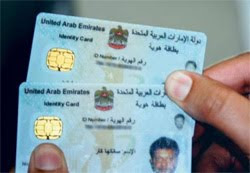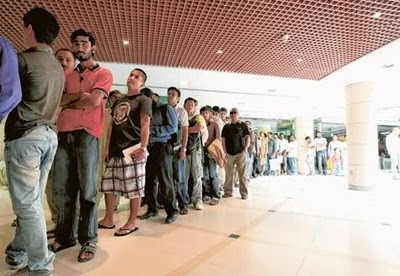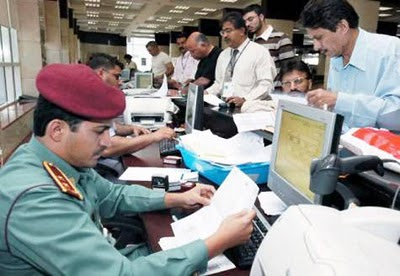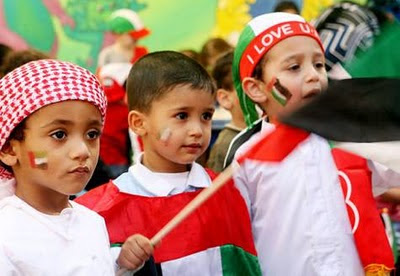
Dubai: Several typing centres across the country have stopped accepting documents for Emirates ID card pre-registration procedures after being overwhelmed by the rush of applicants.
In a bid to complete the pre-registration process for Emirates ID cards at typing centres before the December 31 deadline, thousands of residents have deposited their passports at typing centres, putting them at risk of being lost or misused in ways that could lead to identity theft.
This Gulf News reporter posing as an applicant was told by staff at a typing centre in Deira that her passport should be left with them until February 20, if the pre-registration process was to be completed.
Senior officials have warned the public against leaving their passports with strangers.
The chaos began after the Emirates Identity Authority (Eida) reminded the residents that a federal law stipulating December 31 as the deadline for expatriates to register for ID cards is still valid. Officials reiterated that residents need not panic and that in order to fulfill their legal obligation all they need to do is just complete the pre-registration process at one of the 700 authorised typing centres in the country.
The pre-registration process at the typing centres involves scanning of the original passports and uploading details into Eida's server.
According to typing centres, each registration process takes 30 minutes to complete and even longer with the server being slow due to the volume of registrations taking place at the same time.
Some who spoke to Gulf News said they deposited their passports with the centres out of desperation after waiting in queues leading to the typing centres as early as 4.30am did not help them complete the process.
Rumours about penalty
A few residents even tried reaching typing centres late at night to be first in the queue. Some handed over their passports to friends so that one of them could complete the process.
The rush was further fuelled by rumours circulating about a Dh1,000 fine for not completing the registration before the deadline. Meanwhile, the registrations at certified typing centres have hit a record high of 11,000 daily over the past week, officials said.
"I was shocked to be told that my passport will be held back at the typing centre until January 25 for them to complete my registration process," Dan Qayyum, an advertising professional, said.
"It is outrageous for them to make such requests…what if I want to travel on an emergency?" asked another resident, who criticised the officials for not foreseeing such a disaster.
One of the centres in Dubai that has completed training with the Eida to become an authorised centre but is yet to get the authorisation, disclosed that they have at least 1,000 passports in their custody.
Asked about its safe handling the owner replied: "I am carrying the 1,000 passports in my car to my home because I am afraid to leave them at our premises. Once we get the approval from Eida to be their centre, we will start processing them."
Residents also complained about the contact numbers of typing centres listed on the Eida website.
Short of infrastructure
"Only a handful of the numbers are being answered.
"The rest are not working or being attended, making it difficult for us".
Certified typing centres in all the emirates said that they were falling short of infrastructure and resources to handle the unprecedented rush.
"We are not accepting any more applications because we simply would not be able to complete the backlog of applications we have before December 31," an employee at one centre said.
Official take: Public warned
When contacted, Major General Nasser Al Awadi Al Menhali, Assistant Undersecretary at the Ministry of Interior for Naturalisation, Residency and Ports Affairs, said: "This is very uncivilised behaviour [by the typing centres]. A passport is an official document and people should know that typing centres are businesses, not government institutions. There is no reason for them to leave their passports there," he said.
No penalty plans
The Emirates Identity Authority (Eida) told Gulf News that the applicants have the right to decline demands to leave their passports with typing centres for the pre-registration process.
"So that applicants can always exercise their choice in this regard," Dr. Ali Al Khoury, Director General of Eida, said.
Asked about the pressure on expatriate applicants, the official reiterated that applicants need not panic as no punitive action had been decided.







































